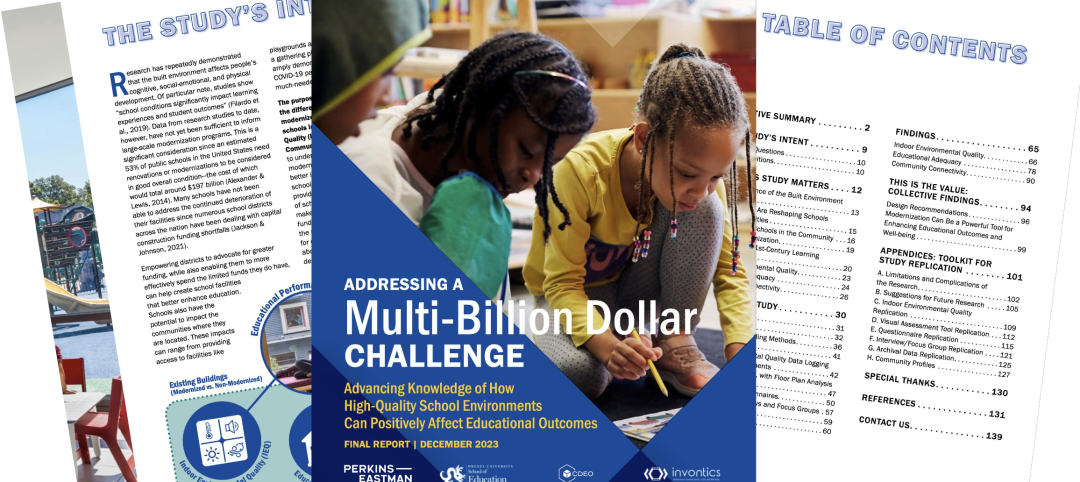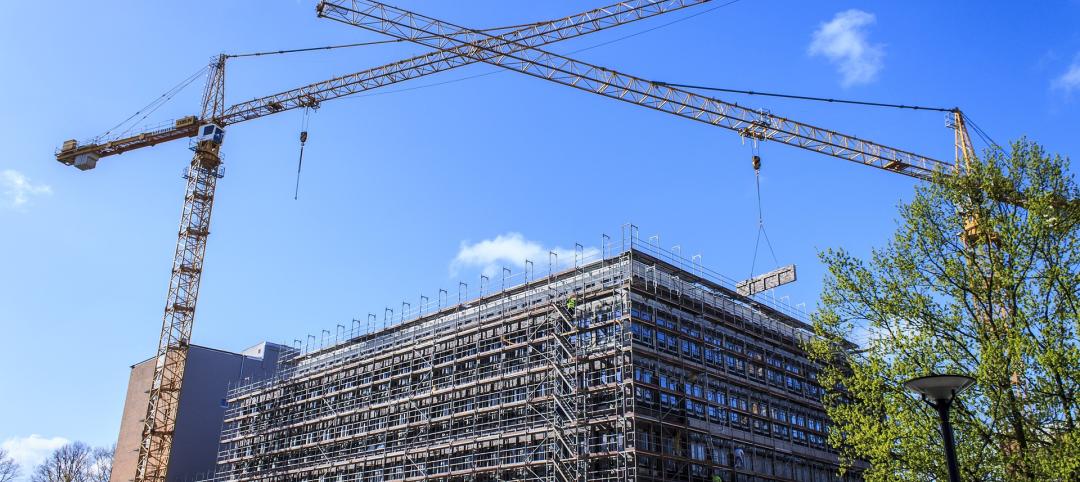Numerous impediments to completing construction projects led to declines in most categories of private construction spending in March, according to an analysis by the Associated General Contractors of America of government data released today. Association officials warn that the Treasury Department’s threats to audit or prosecute some Paycheck Protection Program loan recipients and deny loan recipients tax deductions are making it harder for construction firms already coping with declining private-sector demand to retain staff.
“Unfortunately, these numbers are only the beginning of what seems sure to be a steep decline in construction spending as current projects finish and new work is canceled or postponed indefinitely,” said Ken Simonson, the association’s chief economist. “Our latest survey found that projects as far out as June or later were being canceled last month.”
The economist noted that 10 out of 11 private nonresidential construction categories in the Census Bureau’s monthly construction spending release declined from February to March. The only exception—communication construction—probably reflected increased demand for structures to accommodate the jump in video conferencing for business, educational and personal use, Simonson added.
“In addition to the downturn in private construction, public categories were mixed,” Simonson said. “For instance, highway and street construction spending increased by 4.6 percent, which probably reflected favorable weather and the ability of highway contractors to work longer hours on nearly-deserted roads. But other major public segments, including educational construction and transportation structures such as transit projects, declined. Further declines in public construction are likely as state and local governments struggle to balance their budgets in the face of unbudgeted expenses and steep, unanticipated revenue decreases.”
Association officials said that several recent announcements by the Treasury Department are causing significant confusion about, and potentially undermining, the Paycheck Protection Program loans. They noted that recent threats by the Treasury Department to audit, or possibly even prosecute, firms that qualified for the loans was causing many firms to reconsider using the funds to protect payrolls. They added that a new IRS decision to deny tax deductions for wages and business expenses to loan recipients was also counterproductive.
“The fact that the Treasury Department continues to move the goal posts on its Paycheck Protection Program guidance is hurting construction firms that are already coping with declining private-sector demand and the prospects of significantly reduced state and local funding,” said Stephen E. Sandherr, the association’s chief executive officer. “Without further clarification from the Treasury Department, some employers may just decide it is better to return their loans and cut staff than run the risk of audit and investigation.”
Related Stories
Retail Centers | Apr 4, 2024
Retail design trends: Consumers are looking for wellness in where they shop
Consumers are making lifestyle choices with wellness in mind, which ignites in them a feeling of purpose and a sense of motivation. That’s the conclusion that the architecture and design firm MG2 draws from a survey of 1,182 U.S. adult consumers the firm conducted last December about retail design and what consumers want in healthier shopping experiences.
Market Data | Apr 1, 2024
Nonresidential construction spending dips 1.0% in February, reaches $1.179 trillion
National nonresidential construction spending declined 1.0% in February, according to an Associated Builders and Contractors analysis of data published today by the U.S. Census Bureau. On a seasonally adjusted annualized basis, nonresidential spending totaled $1.179 trillion.
Market Data | Mar 26, 2024
Architecture firm billings see modest easing in February
Architecture firm billings continued to decline in February, with an AIA/Deltek Architecture Billings Index (ABI) score of 49.5 for the month. However, February’s score marks the most modest easing in billings since July 2023 and suggests that the recent slowdown may be receding.
K-12 Schools | Mar 18, 2024
New study shows connections between K-12 school modernizations, improved test scores, graduation rates
Conducted by Drexel University in conjunction with Perkins Eastman, the research study reveals K-12 school modernizations significantly impact key educational indicators, including test scores, graduation rates, and enrollment over time.
MFPRO+ News | Mar 16, 2024
Multifamily rents stable heading into spring 2024
National asking multifamily rents posted their first increase in over seven months in February. The average U.S. asking rent rose $1 to $1,713 in February 2024, up 0.6% year-over-year.
Market Data | Mar 14, 2024
Download BD+C's March 2024 Market Intelligence Report
U.S. construction spending on buildings-related work rose 1.4% in January, but project teams continue to face headwinds related to inflation, interest rates, and supply chain issues, according to Building Design+Construction's March 2024 Market Intelligence Report (free PDF download).
Contractors | Mar 12, 2024
The average U.S. contractor has 8.1 months worth of construction work in the pipeline, as of February 2024
Associated Builders and Contractors reported that its Construction Backlog Indicator declined to 8.1 months in February, according to an ABC member survey conducted Feb. 20 to March 5. The reading is down 1.1 months from February 2023.
Market Data | Mar 6, 2024
Nonresidential construction spending slips 0.4% in January
National nonresidential construction spending decreased 0.4% in January, according to an Associated Builders and Contractors analysis of data published today by the U.S. Census Bureau. On a seasonally adjusted annualized basis, nonresidential spending totaled $1.190 trillion.
Multifamily Housing | Mar 4, 2024
Single-family rentals continue to grow in BTR communities
Single-family rentals are continuing to grow in built-to-rent communities. Both rent and occupancy growth have been strong in recent months while remaining a financially viable option for renters.
MFPRO+ News | Mar 2, 2024
Job gains boost Yardi Matrix National Rent Forecast for 2024
Multifamily asking rents broke the five-month streak of sequential average declines in January, rising 0.07 percent, shows a new special report from Yardi Matrix.

















